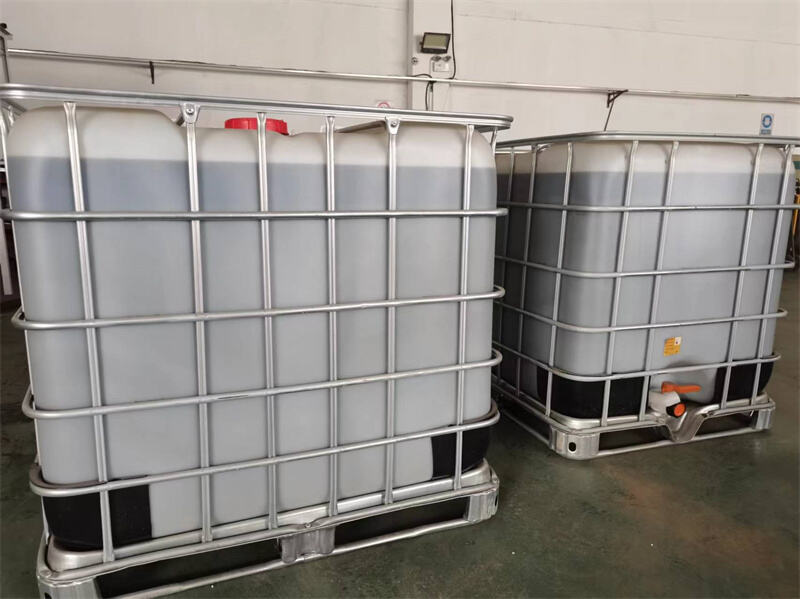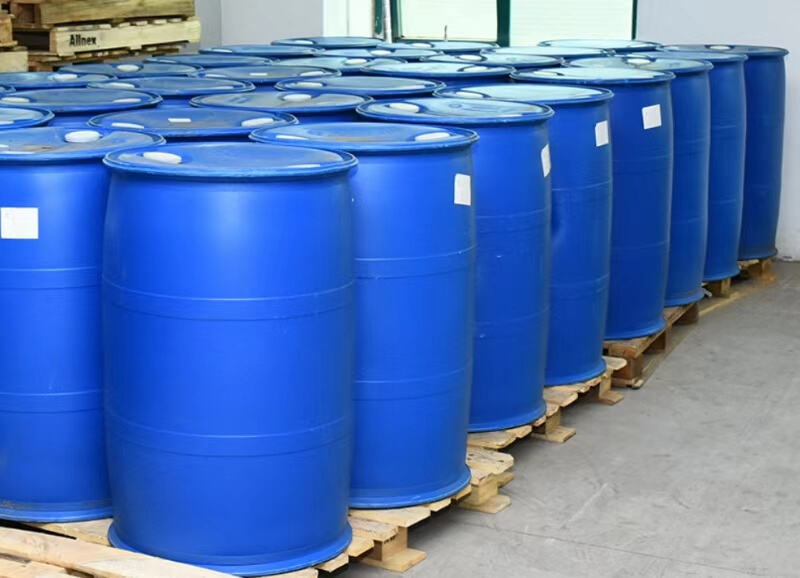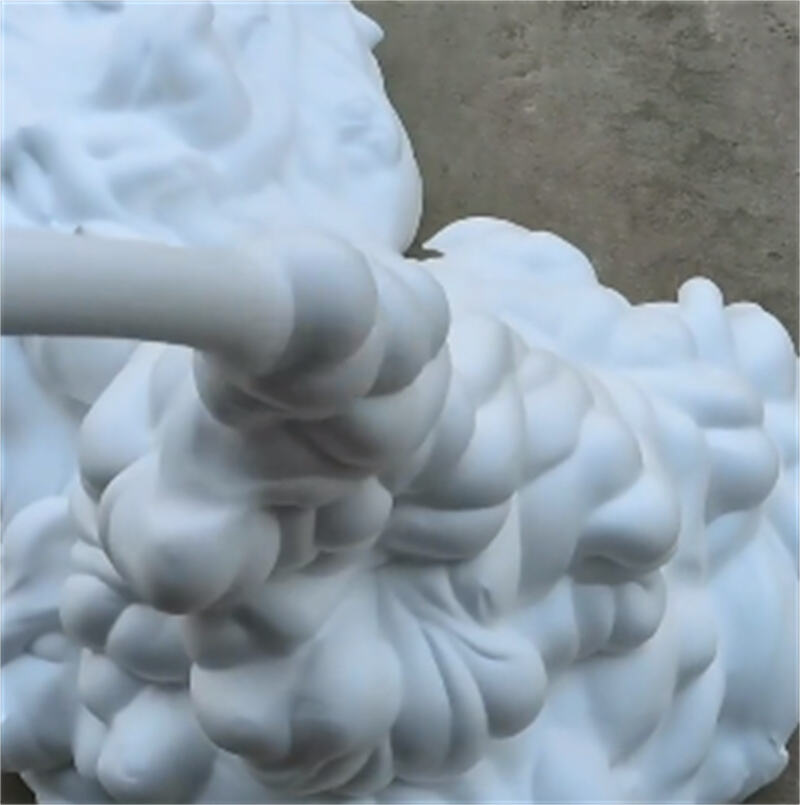Lekotnoća:
Određeni pjenolovni činilac utječe na proširenje betona, stvarajući lagani beton. Gostota pjenovitog betona je za 30% - 70% manja od običnog betona, što omogućava zgradama da postanu laganije s umanjanim troškovima temelja i poboljšanom otpornosti na potresne pokrete.
Termoizolacija:
Graditeljska izolacija se poboljšava s betonom koji sadrži buble jer ove vazduhopraznine promiču toplinsku izolaciju smanjujući toplinsku provedivost.
Zvukova absorbiranje:
Buble služe kao apsorberi zvuka koji smanjuju aktivnost zvučnih valova i čine zgrade učinkovitijim u smanjivanju prijenosa zvuka.
Otpornost na potrese:
Odabirno testiranje pokazuje da pjenoviti beton iznosi kvalitetne lastične svojstva jer učinkovito pristranja sejsku energiju tijekom potresa kako bi se povećao sejski otpor zgrade.
Zaštita okoliša: Trenutačno, proces proizvodnje pjenomateriala za ciment je jednostavan za izvođenje i zahtijeva male uloge s minimalnim utjecajem na okoliš tijekom proizvodnje i upotrebe. Laka težina i visoka čvrstoća te izolacijska svojstva pjenovitog betona nude mogućnosti u graditeljstvu za smanjenje potrošnje energije u zgradama te industrijskog ugljičnog prašine za promicanje održivosti.
Agenti za pjenenje cemanta nađu svoju uporabu u građevinarstvu te u sektorima građenja cesta i mostova. Materijal se koristi pri proizvodnji laganih izolacijskih ploča i particija s izolacijskim slojevima te komponenti poda, dok je prilagođen za punjenje zidovskih blokova u unutarnjim ili vanjskim diovi građevina, kao i za primjenu u zvučnom izoliranju, toplinskom izoliranju tla i toplinskom izoliranju krovašća.



